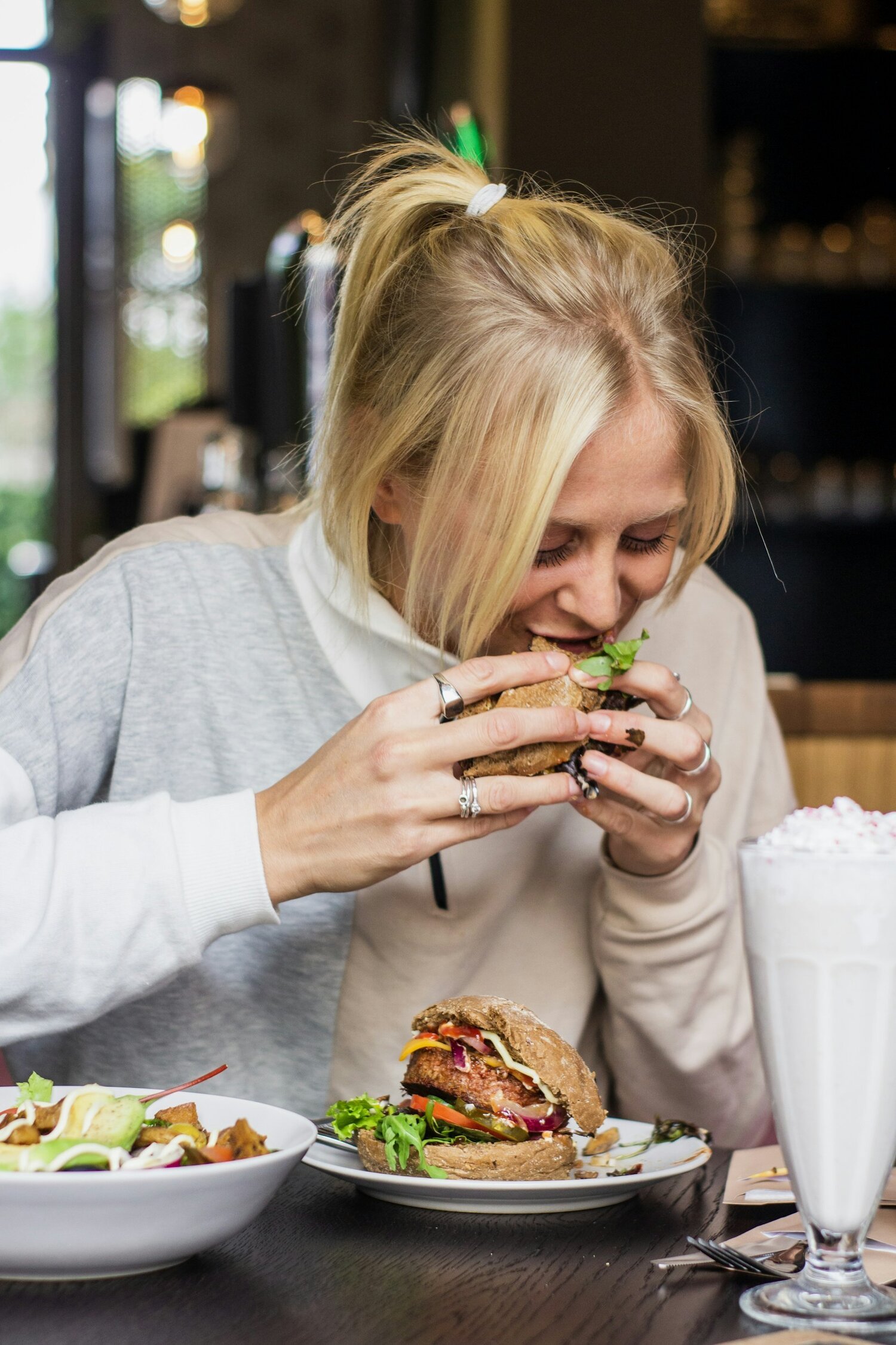
20 Delicious Healthy Guilt-Free Cheat Day Snacks
The term "cheat eating" has become increasingly prevalent, often associated with indulging in unhealthy foods guiltily. Cheat eating is often viewed as a sinful act, a deviation from one's healthy eating habits, often accompanied by guilt and shame. It's seen as a downfall in willpower, leading to feelings of failure and self-criticism. However, cheat eating is not inherently negative.

How Does Past Trauma/Adverse Childhood Events Affect Your Relationship with Foods?
As an experienced dietitian with a background in hypnotherapy, I've witnessed firsthand the profound impact that past trauma can have on one's relationship with food. Past trauma, whether it be physical, emotional, or sexual, can leave lasting scars that reverberate through every aspect of our lives, including our relationship with food. For many individuals, food becomes a coping mechanism—a way to soothe painful emotions, regain a sense of control, or fill voids left by unmet emotional needs.

How to Break Free From the Self-Sabotaging Cycle of Emotional Eating?
You don’t need another diet. You don’t need another food list or meal plan to follow. In fact, often times the reason why you are binge eating, overeating, or can’t stop eating has nothing to do with the food at all. But the diet culture makes you believe there is a magical diet, magical calorie amount, or you have to follow such anns such strict food rules to be successful. As a result, you become obsessed over food all the time, doubting every food decision, every bite of food you eat.
The truth is that it’s not a lack of knowledge or even motivation. You know exactly what you need to do and what food is better and what is not, but the honest question is why you keep self-sabotaging your effort by choosing the wrong kind of food for your body and even Eating a lot of it to the point that it makes you feel gross and disgusting, uncomfortable, and in pain? Why????

8 Common But Not Unusual Childhood Events that Lead to Emotional Binge Eating in Adulthood
As a holistic dietitian, I fix my clients’ gut issues, hormone imbalance, and food sensitivity, and they start feeling better and lose weight without starvation or brutal daily exercise.
But, 2-3 months later, most will revert to their old eating habits. Then I realized that my clients were all struggling with emotional binge eating disguised as “I love sweets,” “I have a sweet tooth,” or “I can’t live without [insert your food addiction] .”

The Psychology of Emotional Binge Eating
It all begins with an idea.

Why do I turn to food when I'm feeling stressed, sad, or anxious?
The root causes of emotional eating often run deeper than mere physiological cravings. It’s essential to recognize that emotional eating is not solely about food; it's about using food as a tool to cope with difficult emotions.

10 Common Emotional Binge Eating Triggers
It all begins with an idea.

Quiz: Are You an Emotional Binge Eater?
Emotional binge eating is a complex mental health condition where food becomes a tool for coping with emotional distress or exerting control over one's life.
Emotional binge eating is not all about food but is rather a maladaptive coping mechanism for managing overwhelming feelings or life stressors.
The act of eating or restricting food is often a manifestation of deeper emotional struggles, such as low self-esteem, perfectionism, trauma, or anxiety.

10 Common But Unspoken Causes of Weight Gain Your Doctors, or Dietitians Don't Talk About
If you’ve been eating less than 1000 calories every day and exercising an hour every day, tracking every calorie you eat and burn, and are 100% sure that you’re eating a calorie deficit diet, and yet you are not losing weight, you know something's not right.
And it is not your calorie calculations. I’m sure your calorie calculations are on point, knowing that this is likely your thousandth dieting attempt.
What this shows is that calories are not your enemy.

The Single Most Important Reason Why Many Women Can’t Lose Weight Despite Trying Everything Under the Sun & Doing Everything Right By the Doctors
Many people struggling with weight loss are actually suffering from emotional eating disguised in “I love sweets,” “I have a sweet tooth,” “I can’t live without [a specific food],” or “I love food.”